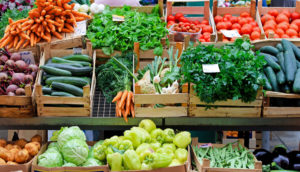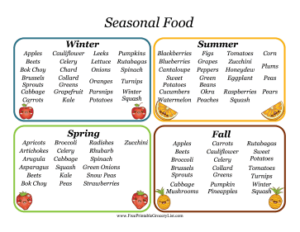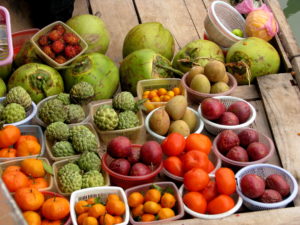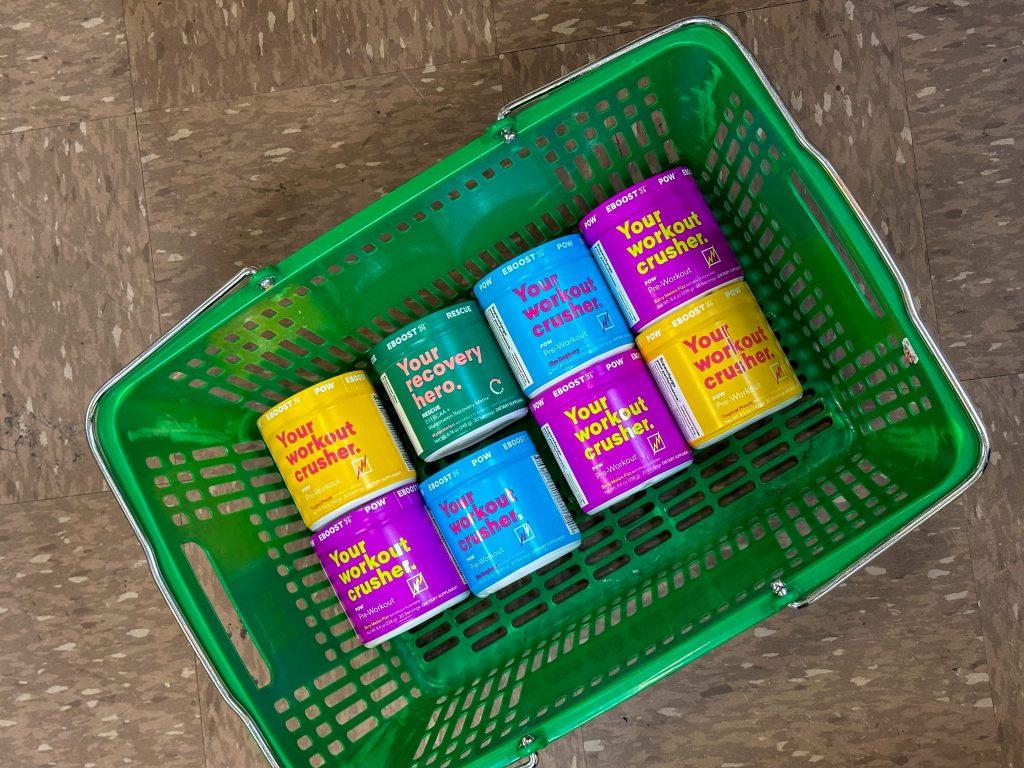The changing of the seasons is always a fun time to explore what new things Mother Nature brings us. It is a time when seasonal produce can really shine and show off its delectable flavors – the exact way they were intended to taste like. When something grows the way it wants to grow, at the rate it wants to, it’s allowed to ripen all the way through and shine the way nature intended it to. Simply saying – the food tastes the best when it is in season and when the consumer eats it in season then the consumer is seasonal eater.
Seasonal foods bring on a natural diversity that is even natural for use to gravitate towards. We crave heartier produce like butternut squash in the cooler months than refreshing watermelon in the heat of the summer. See? It all makes sense.
Seasonal Food Is More Delicious – It really is – seasonal food isn’t being forced to produce. It takes its own natural time to grow and then picked when it is ready; opposed to being forced to grow rapid unnaturally. Use this thought when thinking about yourself. When you are forced to do something not natural and at a quick rate, it isn’t genuine and it feels completely forced. Same thing goes for produce. Think back to how a tomato tastes in August compared to February – it is a world of a difference. The tomato is delicate to the touch, slices with ease, juicy and plump with its delicate acidic taste we all love. Let’s face it – at the end of the day we want our food to taste good and be enjoyable.
More Cost Effective – Food is cheaper to grow in the correct season because it literally wants to grow and grow a lot. In order to force something to grow when it doesn’t want to, it takes a lot of effort. There are costs in encouraging it to grow, getting it to grow faster and then adding preservatives and waxes to keep it lasting longer. When something grows naturally, it grows and grows. This abundance also provides  a lot to go around, which even inspires a lot of stores to have sales on the produce – to encourage it to move out the doors faster, allowing for fresher produce to come in.
a lot to go around, which even inspires a lot of stores to have sales on the produce – to encourage it to move out the doors faster, allowing for fresher produce to come in.
It Travels Less – Getting produce that is in season means it is most likely growing close to home. If the item is in season, then it didn’t have to travel miles to get to your plate. Seasonal produce requires less product resourced from some faraway land, where the climate is much different than the one you’re experiencing at home. This also makes it better for the environment, leaving less of a carbon footprint
.
Don’t Go Overboard – Still, it is all about balance – don’t go overboard with it. There are great benefits, but as soon as your food movement becomes what you are defined as, then you lose sight of the benefits. Don’t think you have to eat bananas, all day, every day, because they are in season. There is no need to eat 20 bananas a week, your body can only take in so much of one nutrient at once. If you can get berries year round and you love all sorts of berries, enjoy them. If your doctor suggests you should incorporate more dark leafy greens in your diet and ones you are willing to eat aren’t in season at the moment but are in stock at the store – don’t turn them down just to stick to your eating seasonal guns.
Just be mindful that there many seasonal or  local alternatives that are just as good, and good for you. To find out what’s harvested seasonally in your area, go to Local Harvest to find farmers’ markets near you and seasonal produce guides.
local alternatives that are just as good, and good for you. To find out what’s harvested seasonally in your area, go to Local Harvest to find farmers’ markets near you and seasonal produce guides.






